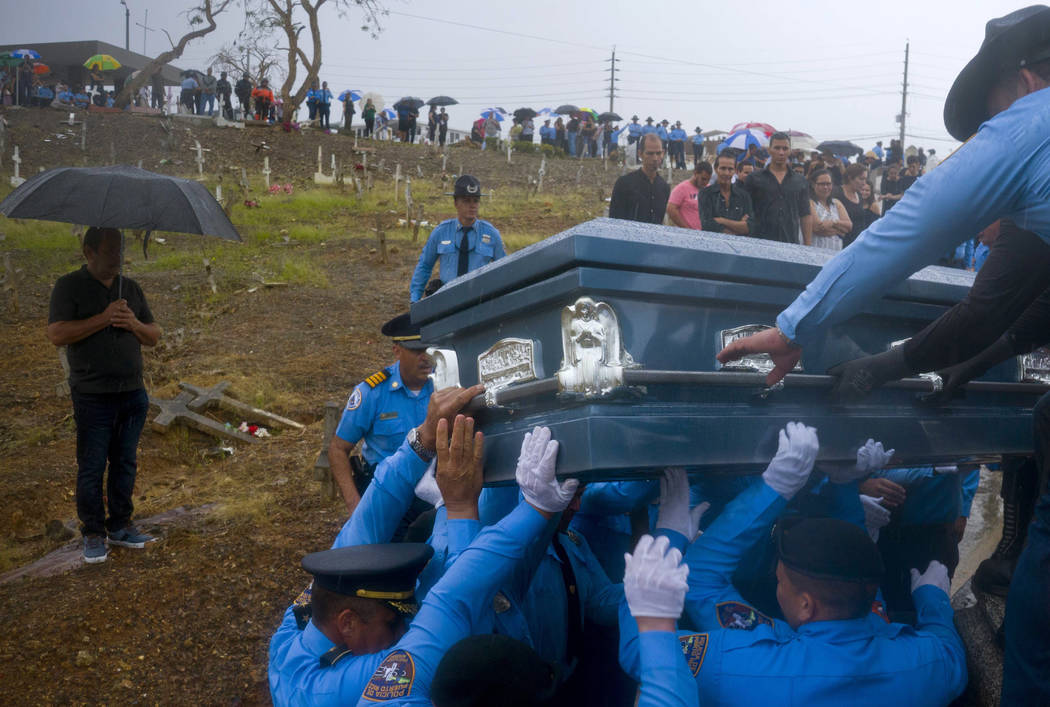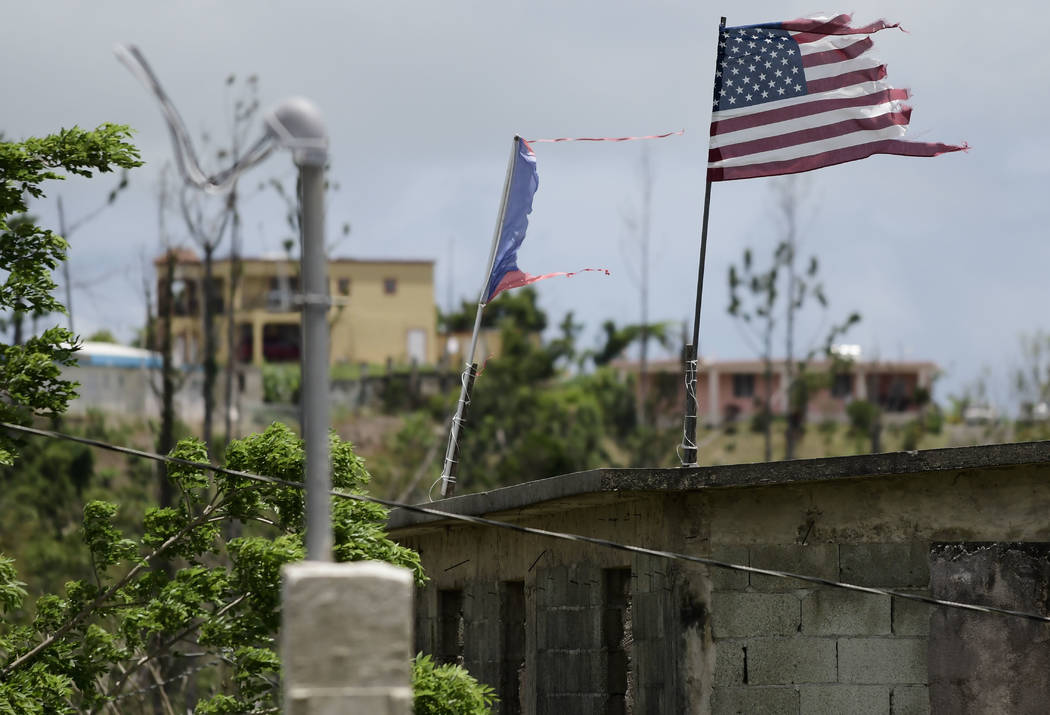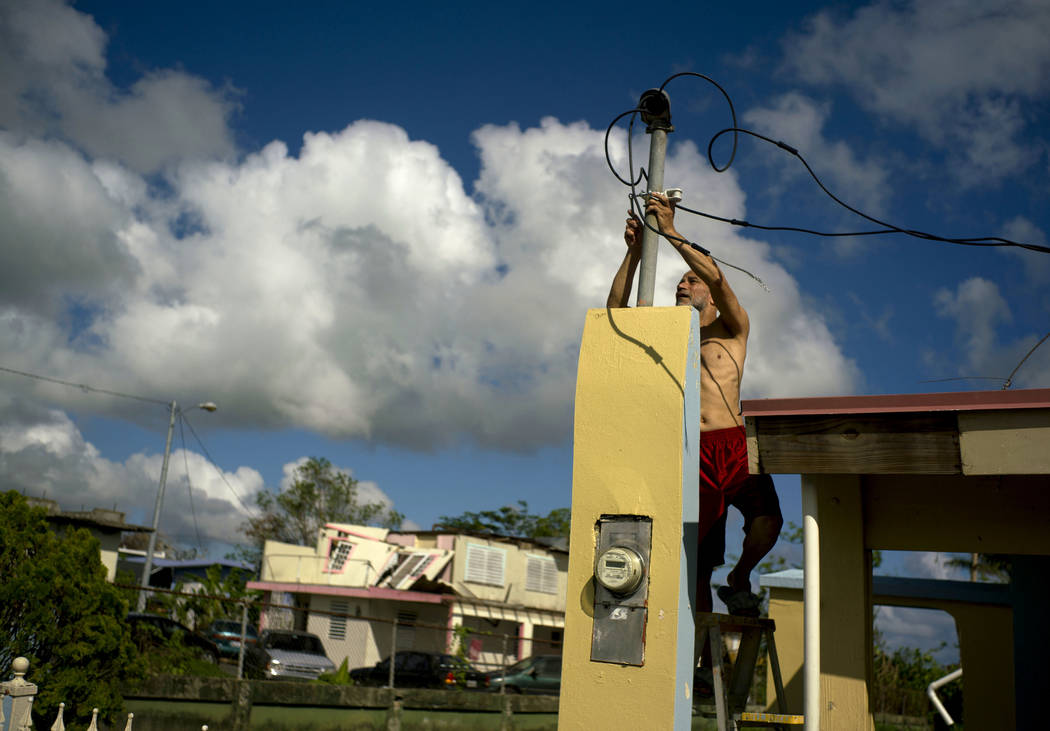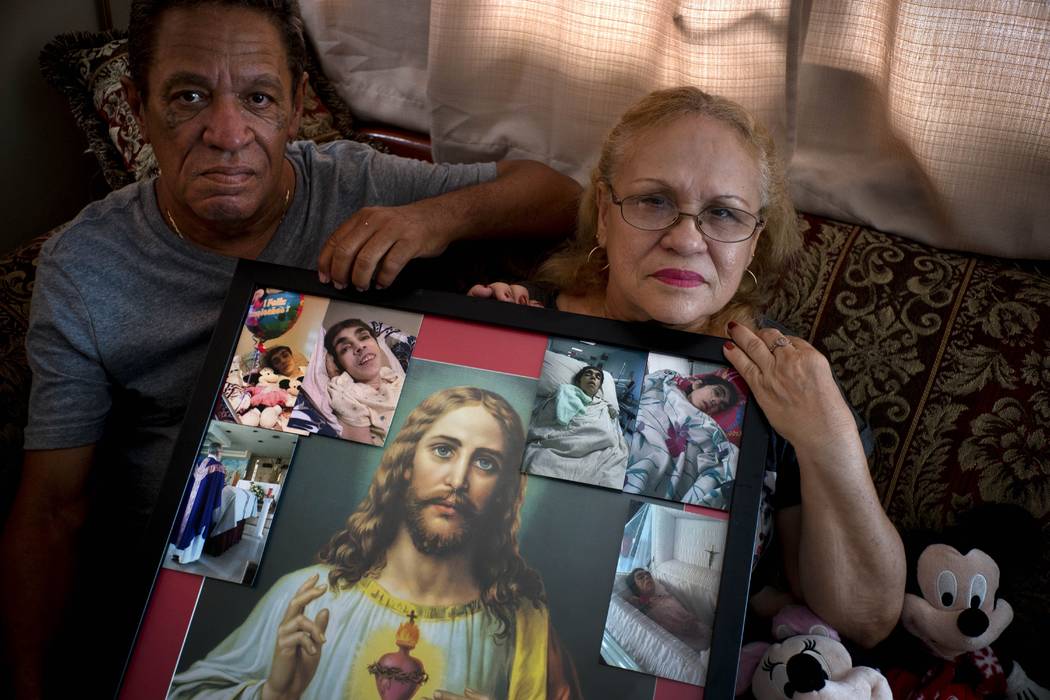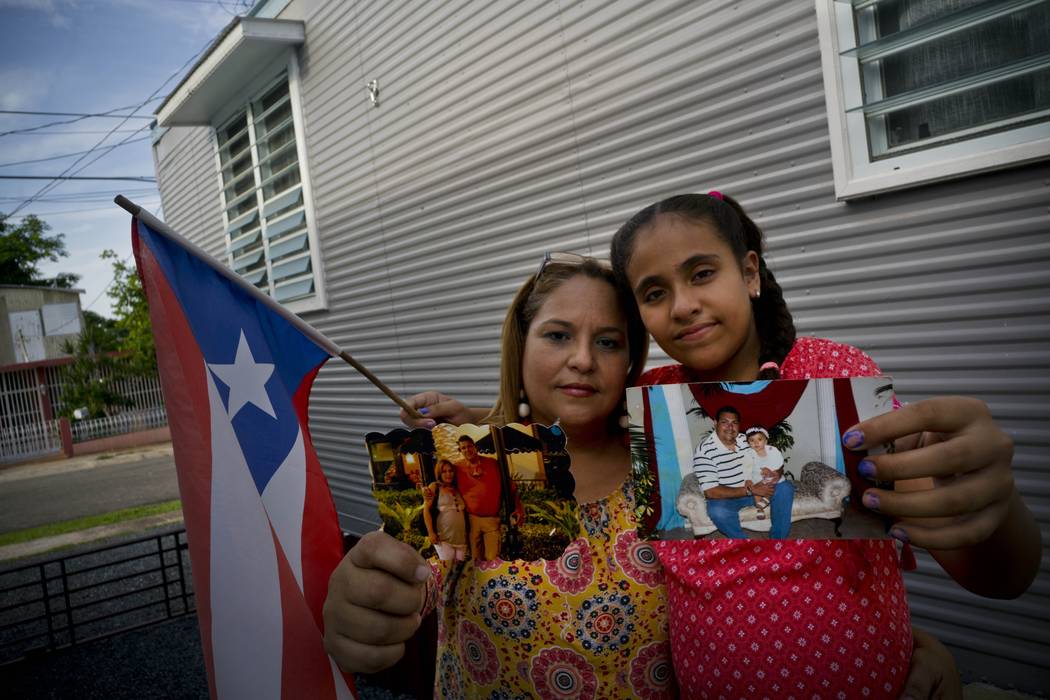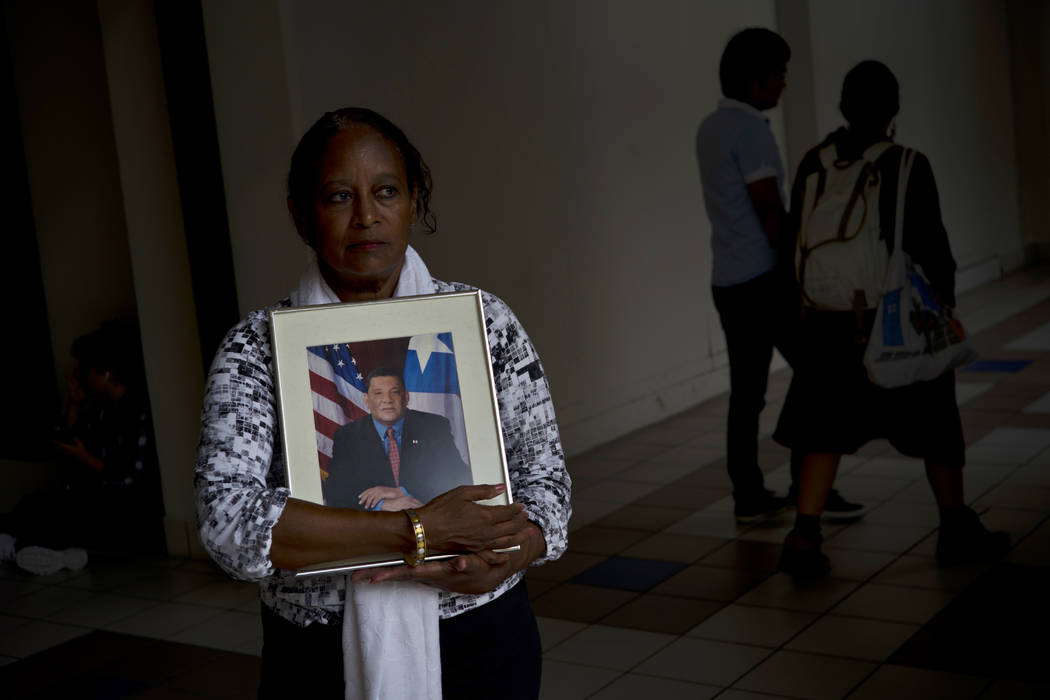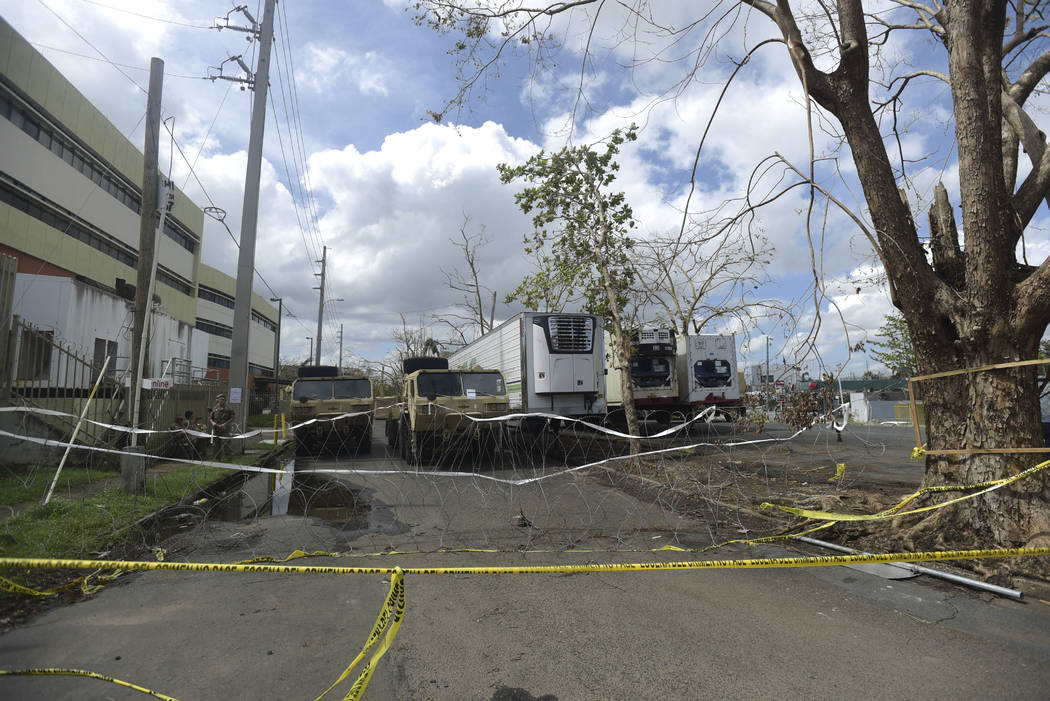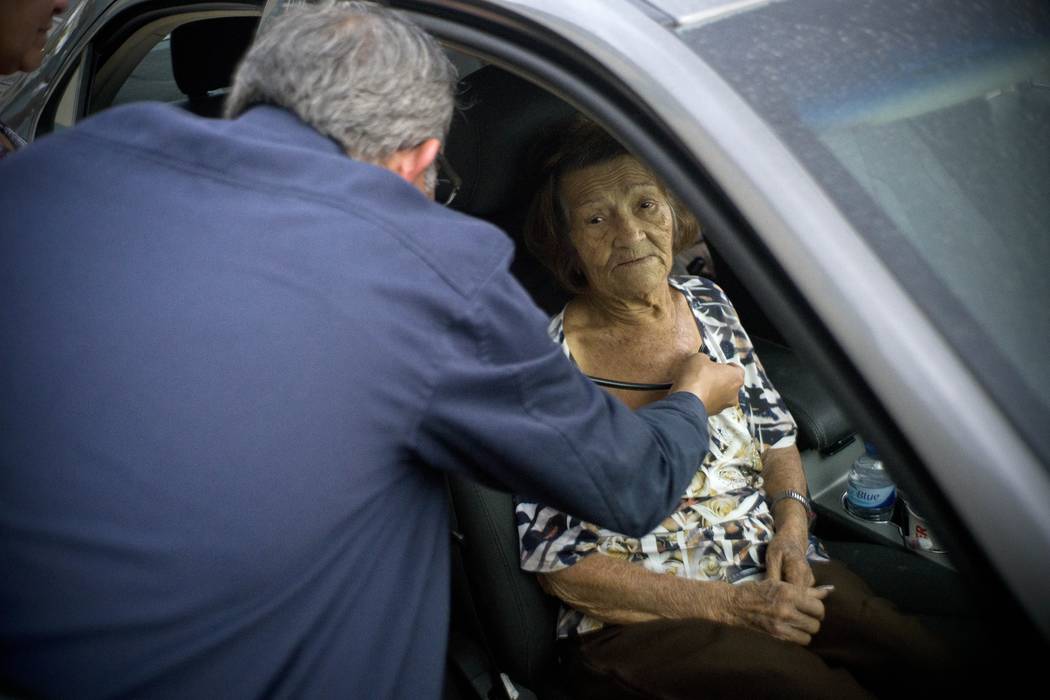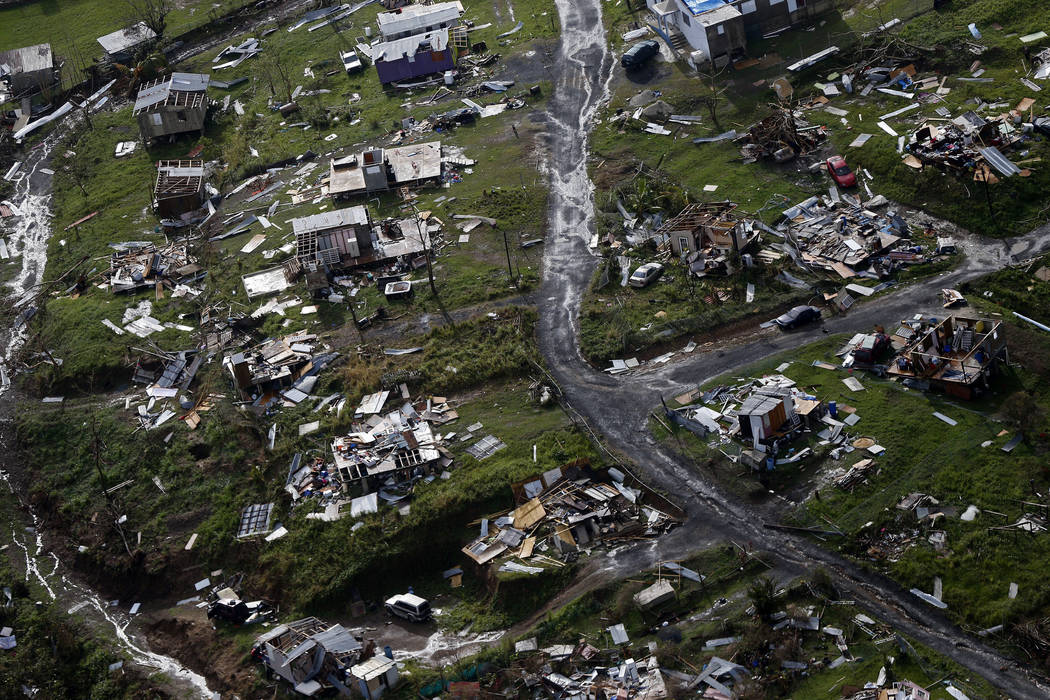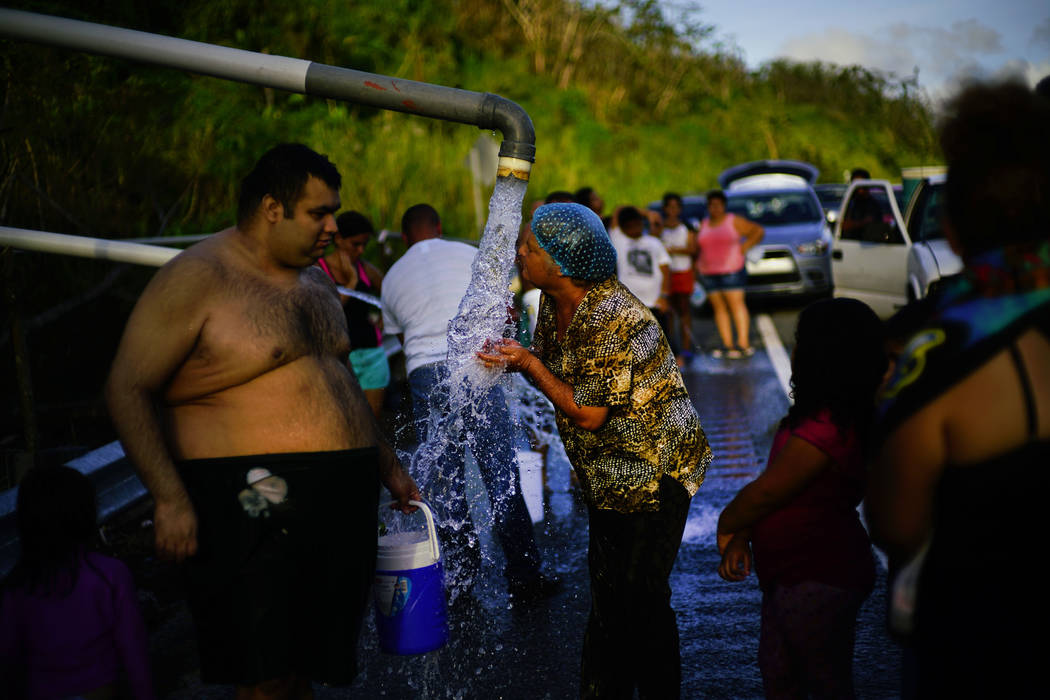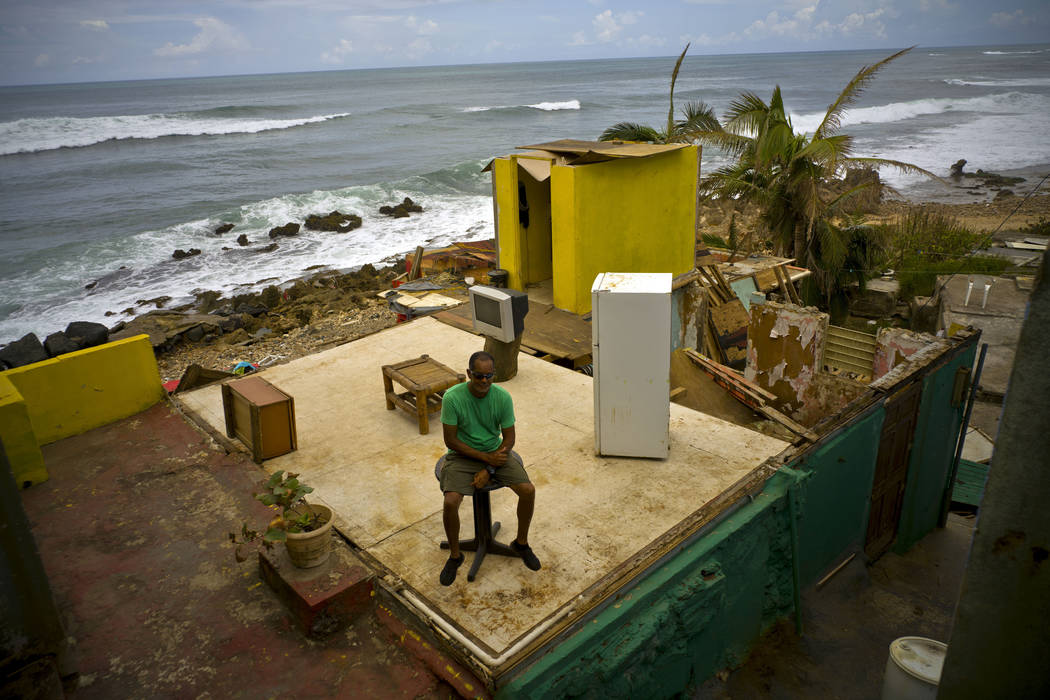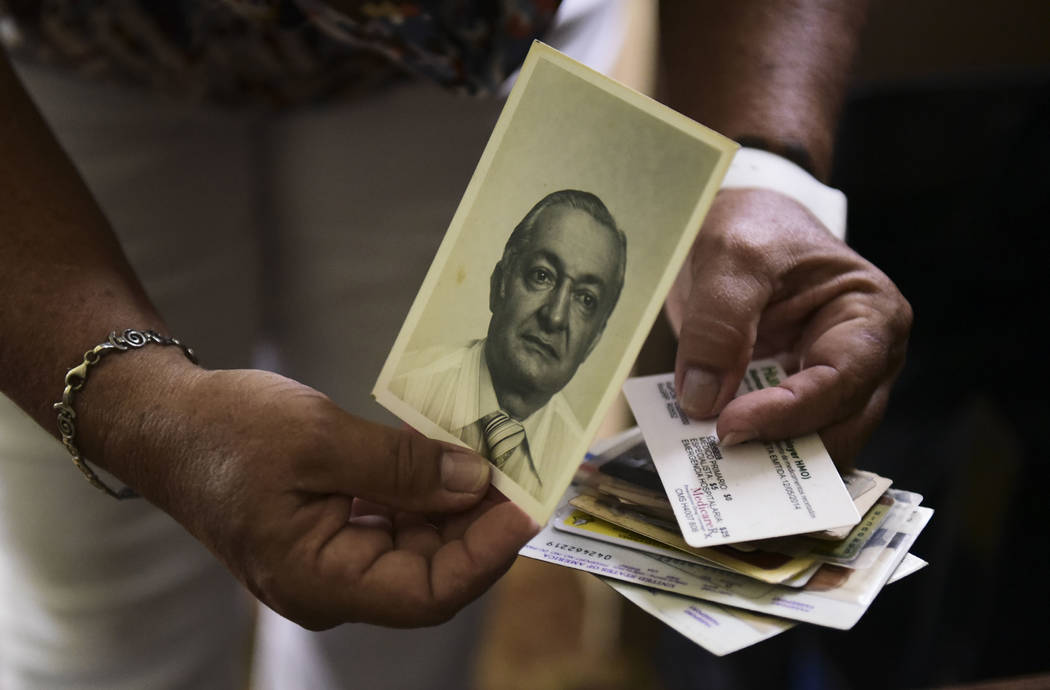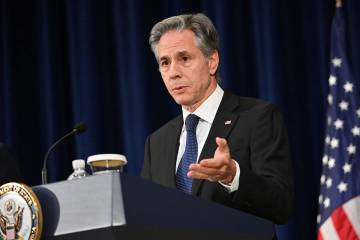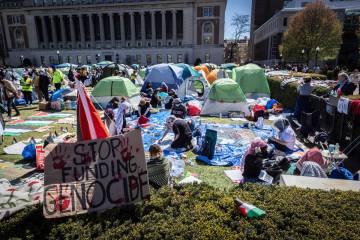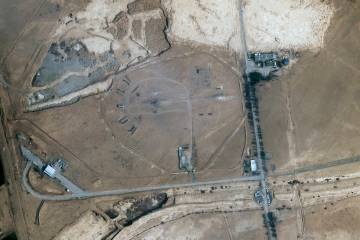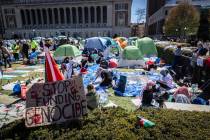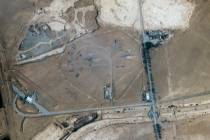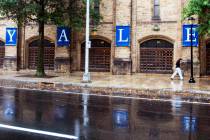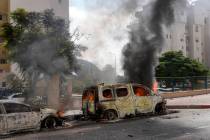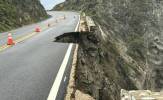Hurricane aftermath brought health issues, death to Puerto Rico
SAN JUAN, Puerto Rico — Ramona Gonzalez did not drown when Hurricane Maria drenched Puerto Rico. She did not die in the tempest, or from destruction wrought by the storm’s 154 mph (248 kph) winds.
Instead, this disabled, 59-year-old woman died a month later, from sepsis — caused, says her family, by an untreated bedsore.
In all, the storm and its aftermath took the lives of unfortunates like Gonzalez and thousands of others, many of whom could have been saved with standard medical treatment. This was a slow-motion, months-long disaster that kept Puerto Ricans from getting the care they needed for treatable ailments, even as President Donald Trump lauded his administration’s response.
A year after Maria roared across the Caribbean, reporters for The Associated Press, the news site Quartz and Puerto Rico’s Center for Investigative Journalism have put together the most detailed portrait yet of the agonizing final days of victims of the storm, interviewing 204 families of the dead and reviewing the accounts of 283 more to tell the stories of heretofore anonymous victims.
Trump cast doubt on the storm’s widely accepted death toll Thursday, tweeting that “3000 people did not die” when Maria hit after a near-miss by Hurricane Irma in September 2017. He said the death count had been inflated “by the Democrats in order to make me look as bad as possible,” by adding unrelated deaths to the toll from causes like old age.
But the joint investigation reflects how Puerto Rico’s most vulnerable fell victim to the dire conditions created by the storms.
Disabled and elderly people were discharged from overwhelmed hospitals with bedsores that led to fatal infections. Medical oxygen ran out. People caught lung infections in sweltering private nursing homes and state facilities. Kidney patients got abbreviated treatments from dialysis centers that lacked generator fuel and fresh water, despite pleas for federal and local officials to treat them as a higher priority, according to patient advocates.
Along with post-storm conditions, each death has a complex mix of causes making it difficult to definitively apportion blame in every case. But critics say many could have been saved by better preparation and emergency response.
“I was looking for help and no one came,” said Maria Gonzalez Munoz, who spent 30 days after the storm caring for her sister in her blacked-out home.
Maria and her brother took Ramona to a hospital twice, and tried to get her aboard a Navy medical ship in San Juan harbor, but couldn’t save their ailing sister.
“No one was asking after us, no one from the government,” said Gonzalez Munoz, 66.
The hurricane’s true death toll has fueled debate since the first days of the storm, in large part because of the near-unique nature of the disaster.
Largely due to decades of neglect and years of fiscal crisis, the Puerto Rican electrical grid collapsed into the United States’ longest-ever blackout after Maria hit on Sept. 20, 2017. That spawned a long and deadly tail for the storm, with hundreds of deaths coming long after the first weeks of the storm, as medical equipment failed and sick people weakened in the suffocating heat.
Researchers from George Washington University hired by Puerto Rico’s government estimated last month that 2,975 people had died because of Maria in the six months after landfall, a number Puerto Rico accepted as official.
Though Trump continued to assert this week that his administration’s efforts in Puerto Rico were “incredibly successful,” both the local and federal governments have been heavily criticized for inadequate planning and post-storm response. The GWU report found that Puerto Rico had no plan for communication with its citizens in a crisis. The Center for Investigative Journalism found in May that the island’s health department had no emergency response plan for hospitals and other medical facilities.
As for the Trump administration, more than half of federal emergency personnel in Puerto Rico were not qualified for their assigned tasks as of October 2017, a month after landfall, according to a Sept. 5 report by the U.S. Government Accountability Office.
Puerto Rican officials did not respond to request for comment.
Ramona Gonzalez’s sister said she had long suffered from a degenerative brain disease that left her unable to get out of bed starting more than two years before the storm. Without air-conditioning or power, she developed steadily worsening bedsores. She was admitted and sent home twice from overwhelmed San Juan hospitals, even though her relatives said they were unable to treat her sores.
Desperate, Ramona’s siblings tried to get her aboard the USNS Comfort, a Navy hospital ship that had arrived in Puerto on Rico Oct. 3. But patients needed to be referred by San Juan’s main public hospital rather than showing up directly for treatment, a complicated process.
Ramona Gonzalez died in hospital the next day. Her doctor did not answer phone calls or text messages seeking comment.
Puerto Rico’s governor said last week that his administration has adopted new measures to better prepare for a disaster like Maria although he warned of limitations given the U.S. territory’s economic crisis.
Associated Press Writers Danica Coto and Colleen Long contributed to this report.



